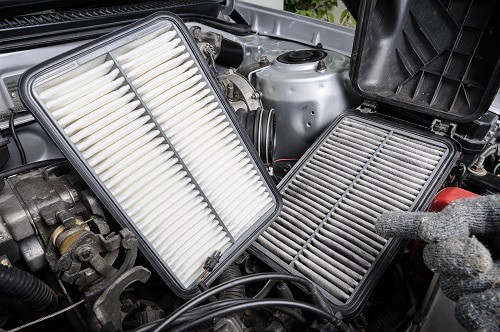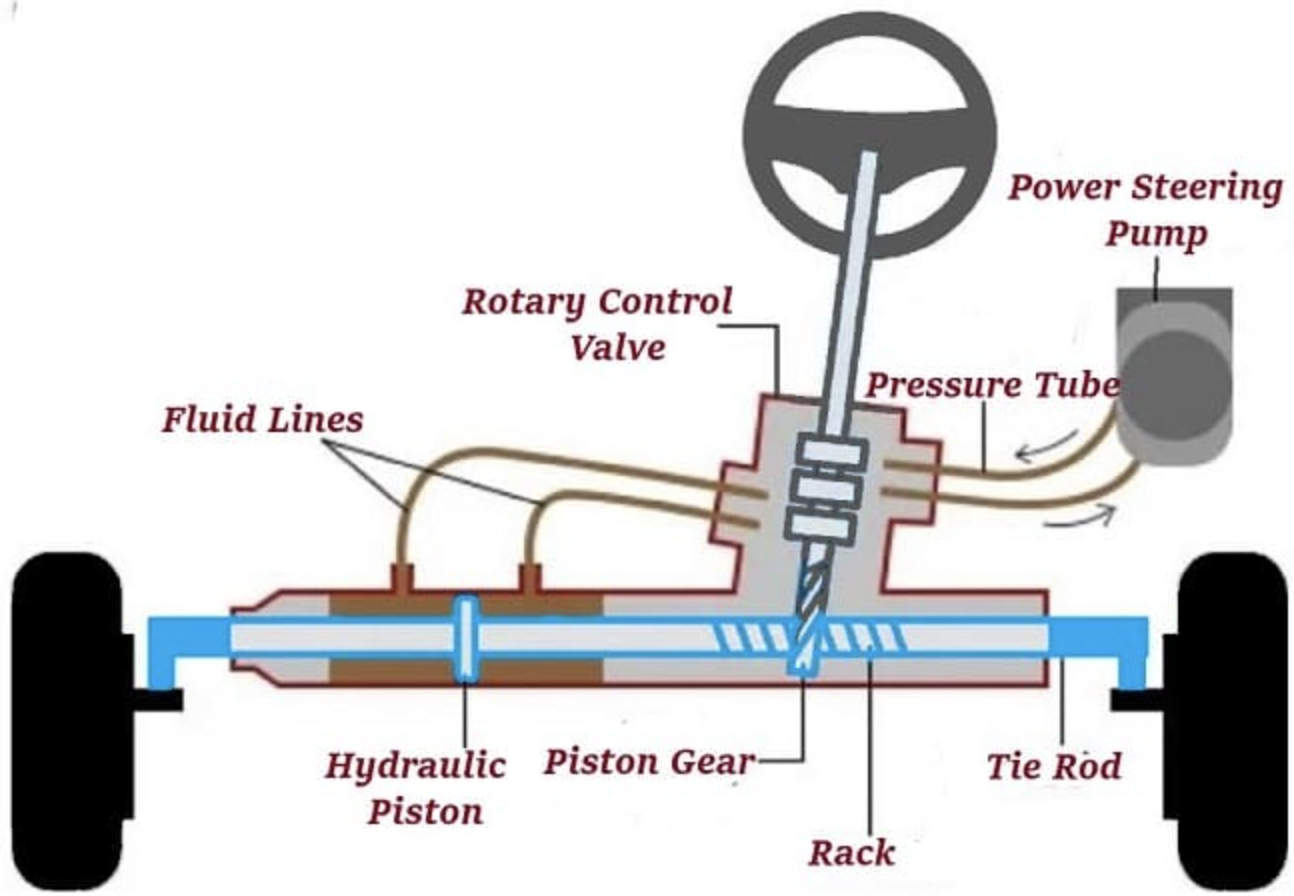Posted on 1/12/2025
Timing Cover Replacement: There’s an important part in your vehicle that shields your timing belt, timing chain or cam belt from the debris and gunk that can be kicked up from the road. It’s called the timing cover. It’s important because the timing belt or chain is what coordinates parts of your engine called the camshafts and crankshaft. When they’re in sync, all runs smoothly. When they’re not, it can cause some serious engine problems. If your vehicle has a timing belt, without the protection of the timing cover, that belt can come loose from the timing gears or break. If your vehicle has a timing chain, the cover keeps engine oil circulating around it which lubricates it. When that starts to leak because of a bad gasket, the chain may not be getting adequate lubrication. If your vehicle has a timing cover problem, you may notice engine oil leaking if a gasket is not sealing tightly. You may hear a str ... read more
Posted on 1/6/2025

Engine air filters may not seem like a big deal, but when they’re clogged up with dirt, dust, and insects, your engine could wind up choking for air and not delivering you the power and performance it was designed to give. There are a couple of air filters in your vehicle. One filters the air going into the cabin (the cabin air filter), and the other filters air going into the engine. That engine filter is the one we’re talking about. After several months and long distances traveled, your engine air filter accumulates the junk it’s preventing from getting into your engine. You may notice your engine misfiring, your acceleration may not be what it used to be, it may make strange noises, and the Check Engine light may come on. When you notice any of those signs, it’s time to bring in your vehicle to have us figure out what’s going on. We’ll visually inspect your air filter. Keep in mind that your vehicle’s manufacturer recomme ... read more
Posted on 12/16/2024

Steering a vehicle these days doesn't take much effort, but if you got behind the wheel back before power steering was invented, you'd need to practically have the strength of Hercules to turn the wheel. The first power steering systems widely available changed everything. Chrysler introduced its Hydraguide power system in 1951. The "hydra" was for a hydraulic pump. It pressurized fluid that multiplied the force applied to the steering wheel so it was easier to turn the wheels on the ground. That pump got power from a belt attached to the engine, but unfortunately it wasted a lot of energy in the process. Plus, the system of hoses and pumps required a fair amount of maintenance and repair. Some say this system provides the most "natural" steering experience of power systems. Recently, automakers have turned to electric power steering. It gets its power from the car's electrical battery and charging system and uses an electric m ... read more
Posted on 11/20/2024
It's safe to say that most drivers take their brakes for granted. You press on the brake pedal and the vehicle slows down or stops. It's easy to see why it is so important for your vehicle's brakes to be working correctly. Brakes are an important safety feature of any vehicle. When it comes to your brakes working correctly, maintaining them regularly will ensure that you will always be able to slow or stop your vehicle in any situation, whether on a sunny day on dry pavement or a bad weather day on slippery surfaces. And that is why regular brake service is such a sound investment for all drivers. The combo of brakes" and "surprises" doesn't usually end well. You might already know about some of the parts of your braking system. Terms familiar to you might be pads, rotors, and calipers. In short, the calipers press the pads, which in turn contact the rotors. The resulting friction slows your vehicle. Another typ ... read more
Posted on 11/20/2024
If someone tells you to put the brakes on something, you know it means stop. And stopping is one of the most important safety maneuvers you can do in any vehicle. That means your brakes have to work properly. Let's face it. You stop dozens of times every time you drive. And over time, that takes its toll on your brakes. Friction is what stops your vehicle. Most newer vehicles have disc brakes, and the parts that wear out the fastest are those that rub against each other every time you stop, the rotors and the pads. The rotors are discs that rotate with the wheels, and the pads are removable surfaces that make contact with the rotors to slow or stop your vehicle. Bits of both wear off each time you stop, and when enough of either (or both) lose too much material, your brakes become unable to safely slow or stop your vehicle. The pads usually are the parts that wear out first. Signs that your brakes might be getting wor ... read more